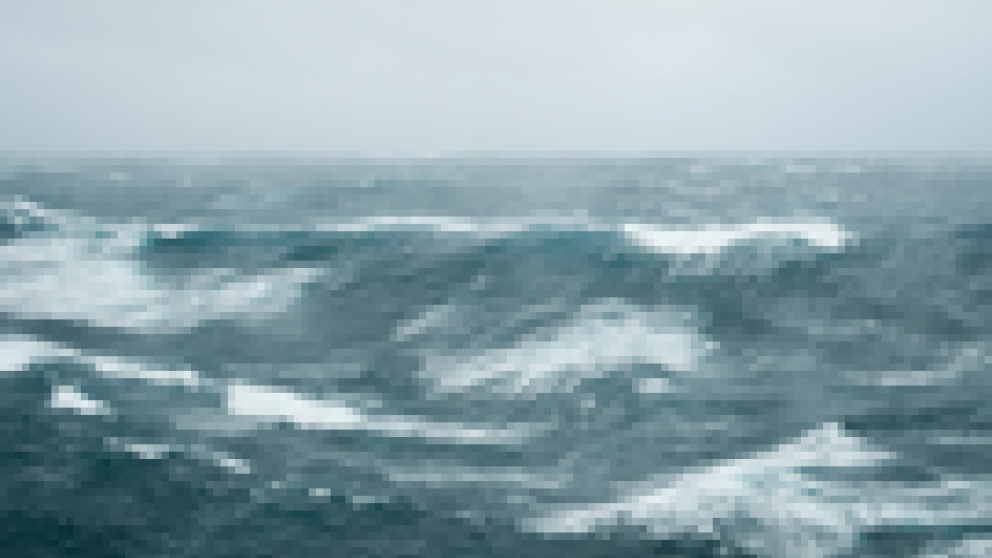Headline:
“The Ocean Needs Urgent Help!” New Strategies towards Better Protection of the High Seas

To coincide with World Oceans Day on 8 June, the IASS Potsdam together with the French research Institute for Sustainable Development and International Relations (IDDRI) have published comprehensive proposals aimed at a more sustainable management of the high seas. These marine areas account for almost half of the earth’s surface and are increasingly being exploited as a reservoir of resources. However, as yet no adequate international regulations exist to protect them. The research findings were obtained with partners from the scientific community, politics, international organisations, and civil society. They show how the governance of the oceans can be reformed by combining different strategies, from gradual improvements in the short term to long-term internationally binding agreements. The recommendations were published in a Special Section of the journal Marine Policy with 14 articles by leading international experts on ocean protection. The IASS and IDDRI will present them for discussion at the UN talks on the protection of the high seas from 16 to 19 June in New York.
Overfishing, marine pollution, climate change and other influences have led to a situation where most of the oceans are already greatly affected by people today. In a world whose population will soon number nine billion, we have to assume that the endangerment of the world’s oceans will increase further. In particular the high seas – those marine areas beyond national jurisdiction (ABNJ) – are increasingly being developed and exploited as a last major reservoir of resources. Commenting on the publication of the Special Section on “Advancing Governance of Areas Beyond National Jurisdiction” in Marine Policy, IASS Executive Director Klaus Töpfer stresses that “the ocean needs urgent help! This is in our own interest as they are an indispensable food source and home to countless species. It’s here that we need to show whether we are able to use our common resources in a sustainable and fair way.”
The international community at the Rio+20 Earth Summit discussed the proposal for a new binding agreement on the conservation and sustainable use of the biological diversity of the high seas – a loophole in the existing international Convention on the Law of the Sea. A decision on whether or not to pursue the negotiation of that agreement is due to be taken by August 2015 (the end of the 69th session of the UN General Assembly). Possible elements of the agreement include the establishment of marine protected areas, environmental impact assessments of human activities, fair access to marine genetic resources as well as the transfer of marine technologies to developing countries.
However, in anticipation of the UN negotiations, the directors of IDDRI and IASS, Laurence Tubiana and Klaus Töpfer, warn against putting all our eggs in one basket. Parallel to possible negotiations on a new agreement, which may take many years and whose outcome is uncertain, both directors also recommend complementary strategies that can be implemented in the shorter term, in particular through regional agreements. The latter have already borne fruit, for example in the North-East Atlantic, where a network of marine protected areas was established on the high seas. “The negotiation of global Sustainable Development Goals, which was also agreed in Rio in 2012, represents another possible path to progress,” notes Laurence Tubiana, founder of IDDRI. This aims to develop a holistic and global approach to development and environmental policy after 2015, which will also cover the sustainable utilisation of the oceans.
Link to:
